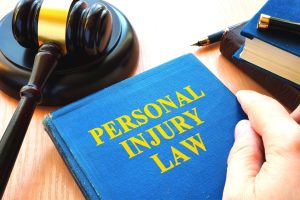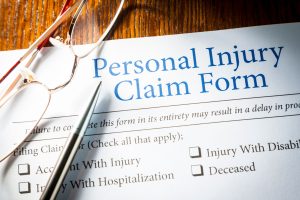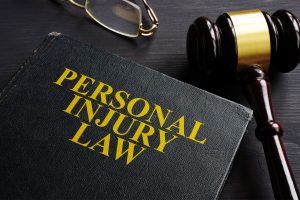Trying to figure out how much your Florida personal injury lawsuit may be worth? It’s typically one of the first questions West Palm Beach injury lawyers are asked. Many factors are weighed in the answers we give, and one of those is the possibility of damage caps. 
“Damages” is legalese for the amount of money paid to someone who has been wronged by another. A damage “cap” is a cutoff, the maximum amount a person can receive for certain types of damages. There are two main types of damages in Florida personal injury cases: Compensatory and punitive. Compensatory damages are paid to compensate an individual for their losses. (Within compensatory damages, there are economic damages, which are actual financial losses like medical bills, lost wages, etc., and then there are non-economic damages, which are for non-tangible impacts like pain and suffering and mental anguish.) Punitive damages are paid to punish the wrongdoer for especially egregious conduct.
Generally speaking, Florida doesn’t impose damage caps on economic damages, but does for punitive damages and some types of non-economic damages. However, this assertion comes with a few caveats. Certain types of claims against certain defendants may be subject to caps on economic damages as well. With some claims, non-economic damages aren’t even considered — and punitive damages are usually a long-shot.
Working with an experienced West Palm Beach injury lawyer can help ensure you receive the maximum among of fair compensation allowable under Florida law.
Non-Economic Damages in Car Accident PIP Claims
When it comes to auto insurance, Florida is a no-fault state. That doesn’t mean you can’t sue a driver who caused a crash that resulted in serious injuries. You can – often collecting both economic and non-economic damages (though rarely punitive damages, unless it was a DUI case). But it does mean most injured drivers/passengers are first going to have to file a claim with their own personal injury protection (PIP) insurer.
Per F.S. 627.736, PIP provides coverage for a portion of your economic damages – namely medical bills and lost wages – up to $10,000. It also offers up to $5,000 in death benefits. However, it does not cover non-economic damages, such as pain and suffering and emotional distress. (Injured motorcyclists won’t have access to PIP coverage at all.)
Damage Caps on Tort Claims Against Government Defendants
Continue reading

 South Florida Injury Lawyer Blog
South Florida Injury Lawyer Blog







 Florida considers loss of enjoyment of life to be its own separate category of damages.
Florida considers loss of enjoyment of life to be its own separate category of damages.

